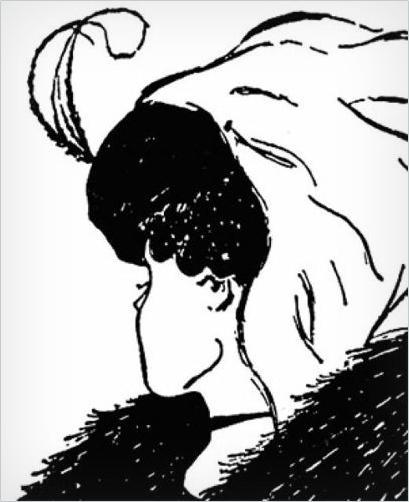DECONSTRUCTION

Deconstruction is very useful technique for elucidating significance of a concept/construct/belief in humanities where we expect bias in our assessment.
The original concept of deconstructon was coined by French philosopher Jacques Derrida as a technique for reading literary texts. Derrida’s exposition of deconstruction is marred by the opaqueness of his language and the stylistic proclivities of postmodernism .
But I think it is a good technique for ‘debiasing’ our frame of references in discussion of themes involving an overdose of human conflict of interests. It can be applied to any discipline which deals with human agency- and is particularly relevant in historiography, geopolitics, diplomacy, conflicts and cultural studies.
Deconstruction involves playing the role of devil’s advocate. It tries to reread a story from the point of view of the antagonist and juxtraposing it against that of the original narrative. Reading the story from mainstream and alternate ways help the reader to understand the hidden meanings and biases of the story. Thus, a deconstructive reading of Ramayana involves reading it from the perspective of the antihero, Ravan, or that of his multilated sister Shorpankha or still more from the perspective of the wronged elder brother of Rama’s moneyman alliance, Sugreha. In the case of Ramayana, The very effort of silencing that perspective that whatever, Rama did is correct, and he is the personification of correctness, would bring about hidden meaning and biases that is not apparent from ‘hagiographic’ reading of the text. This reading of a text, by alternating the perspectives provide rich dividends in understanding many so-called intractable conflicts. This include conflicts like that between India and Pakistan, India and China, and that between Arabs and Israel. This pattern of reading would help to better understand interpersonal conflicts too. The trick is to understand how the perspective from the other side of the divide, and put oneself in the shoes of the ‘other’ in understanding motives and actions of the other.
Deconstruction can be advocated as a pedagogic strategy in learning history, geopolitics and culture. However, this is not done in none of our school curriculum. This is because, freezing of opinion in one point of view is an ulterior aim for perpetuation of political influences and control. If students tend to have the ability and technique of rearranging perspective, many of the deep-rooted prejudice and the political constituency that is fostered on such prejudices would be destabilized. This is inimical to the interests of many vested groups.
This blog advocates deconstruction as a primary tool in analyzing interfaces of conflict.
Hits: 620
